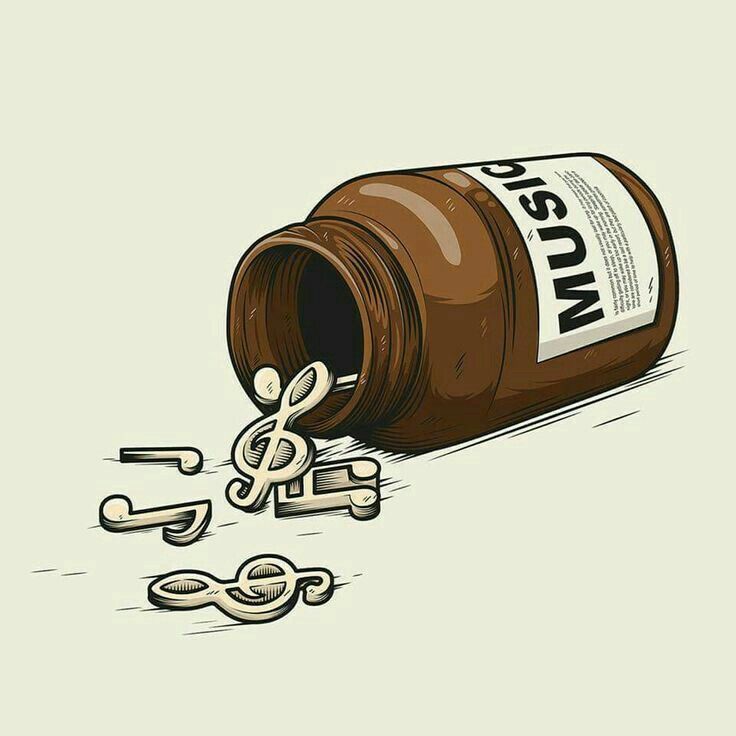
Music has been described as a universal language, capable of evoking deep emotions, shaping moods, and connecting people across cultures. Beyond its entertainment value, music has a profound impact on mental health, particularly in managing conditions like anxiety and depression. In recent years, researchers and therapists have explored the therapeutic potential of melodies, discovering how music can serve as a form of medicine to heal emotional wounds and alleviate mental health struggles.
The Connection Between Music and the Brain
Music engages multiple areas of the brain simultaneously, influencing emotions, cognition, and even physical responses. When we listen to music, the brain releases chemicals like dopamine and serotonin, neurotransmitters associated with pleasure and happiness. These chemicals play a critical role in regulating mood and combating feelings of sadness or anxiety.
Additionally, music activates the limbic system, which is responsible for emotional processing, and the prefrontal cortex, which governs decision-making and focus. This dual activation helps individuals process complex emotions while redirecting their attention away from intrusive thoughts, making music a powerful tool for managing anxiety and depression.
Music for Anxiety Relief
Anxiety is often characterized by a heightened state of worry and physical tension. Music, particularly soothing melodies with slow tempos and consistent rhythms, can help reduce these symptoms. Listening to calming music lowers the heart rate, decreases blood pressure, and reduces levels of cortisol, the body’s primary stress hormone. This physiological response creates a sense of relaxation and calmness.
In therapeutic settings, music is often used to ground individuals during anxiety attacks. For example, focusing on the melody or rhythm of a song can act as a distraction technique, allowing the mind to shift away from anxious thoughts. Some therapists use guided music interventions, combining music with mindfulness exercises to teach patients how to relax and regulate their emotions.
Combating Depression Through Music
Depression often brings feelings of hopelessness, lethargy, and disconnection. Music therapy offers a way to break through these barriers. Uplifting or inspiring music can stimulate positive emotions and provide a sense of relief. For some, it acts as a non-verbal outlet for expressing emotions that feel too overwhelming to articulate.
Participatory music-making, such as playing an instrument or singing, has been shown to enhance mood and foster a sense of accomplishment. Engaging in group music activities can also reduce isolation, a common symptom of depression, by promoting social connection and a sense of belonging.
A study published in the Journal of Affective Disorders revealed that individuals with depression experienced significant improvements in mood and motivation after engaging in music therapy sessions. These findings support the idea that music can be a vital supplement to traditional treatments like medication and psychotherapy.
Personalized Playlists for Healing
One of the unique aspects of music therapy is its flexibility. Therapists often encourage patients to create personalized playlists tailored to their emotional needs. For anxiety, this might include gentle, instrumental tracks, while for depression, energizing or nostalgic songs can help evoke positive memories and emotions.
Conclusion
Music is more than just entertainment; it is a powerful form of medicine capable of soothing anxious minds and lifting heavy hearts. By engaging the brain, regulating emotions, and fostering connection, music offers a natural, accessible way to manage anxiety and depression. As research continues to explore its therapeutic potential, music stands as a beacon of hope, reminding us that healing can often be found in the simplest melodies.